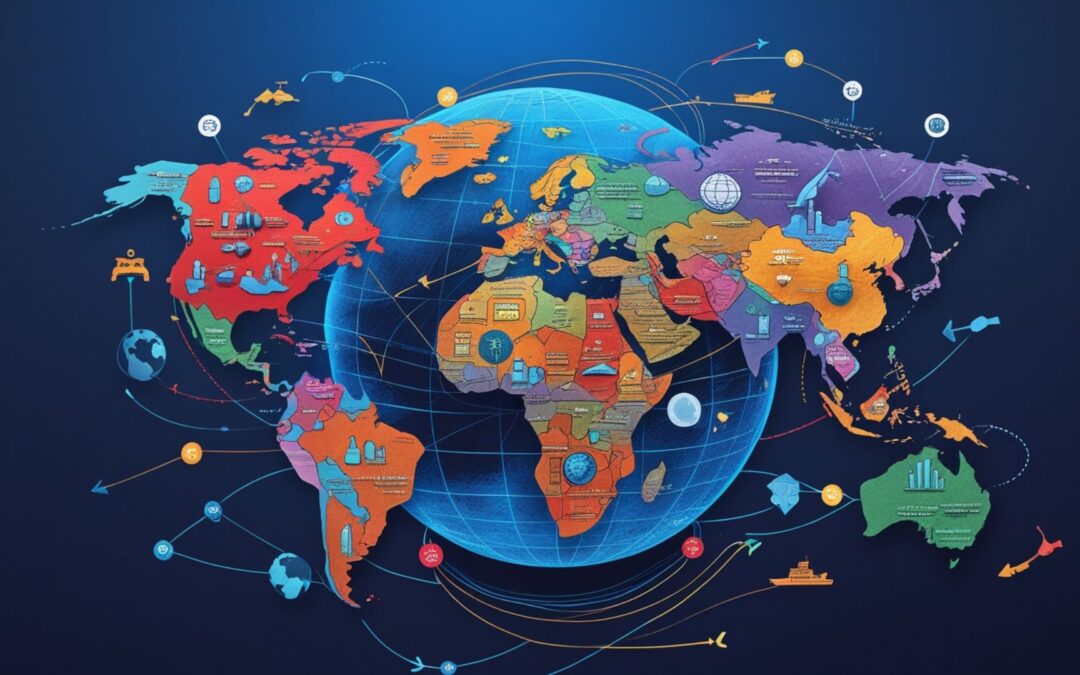You Can’t Make an Omelette Without Breaking Eggs: Necessary Sacrifice or Harmful Excuse?
The idiom “you can’t make an omelette without breaking eggs” speaks to the inevitability of some collateral damage when pursuing a goal. In its simplest form, it highlights that progress and creation frequently involve a degree of disruption or even smaller sacrifices. But like many sayings, its application demands careful consideration.
When Does the Idiom Hold True?
There are instances where the sentiment applies:
- Innovation and Progress: New inventions, significant social change, or large-scale projects often disrupt the status quo. Building a new highway might require displacing some residents. Medical breakthroughs sometimes involve difficult testing phases.
- Decision-Making: Leaders and individuals sometimes have to make tough choices between options, knowing that not everyone can be pleased. These choices might result in hurt feelings or negative consequences for some.
- Personal Growth: Stepping out of our comfort zones or pushing ourselves toward improvement can involve ‘breaking’ old habits or facing temporary discomfort.
When the Idiom Crosses the Line
However, the idiom becomes problematic when it’s used as a blanket excuse for:
- Ruthlessness: The proverb is not a license to disregard harm done to others. If the ‘eggs’ being broken are people’s livelihoods, rights, or wellbeing, a more compassionate approach and a cost-benefit analysis are crucial.
- Ignoring Alternatives: While disruption is sometimes inevitable, it shouldn’t become the default. Are there ways to make an ‘omelette’ with minimal breakage? Creative problem-solving should always be a priority.
- Apathy Toward the Disadvantaged: If the ‘eggs’ always seem to belong to the same marginalized group, it exposes issues of privilege and power imbalance, not mere unavoidable circumstance.
The Bottom Line
The phrase “you can’t make an omelette without breaking eggs” reminds us that there are often trade-offs in pursuit of a desired outcome. However, it is crucial to ask these questions:
- Are the ‘eggs’ truly necessary to break?
- Who stands to suffer?
- Is there a more ethical, even if slightly less efficient, path?
True progress should be mindful, empathetic, and whenever possible, should aim to leave no one with a shattered shell.










0 Comments